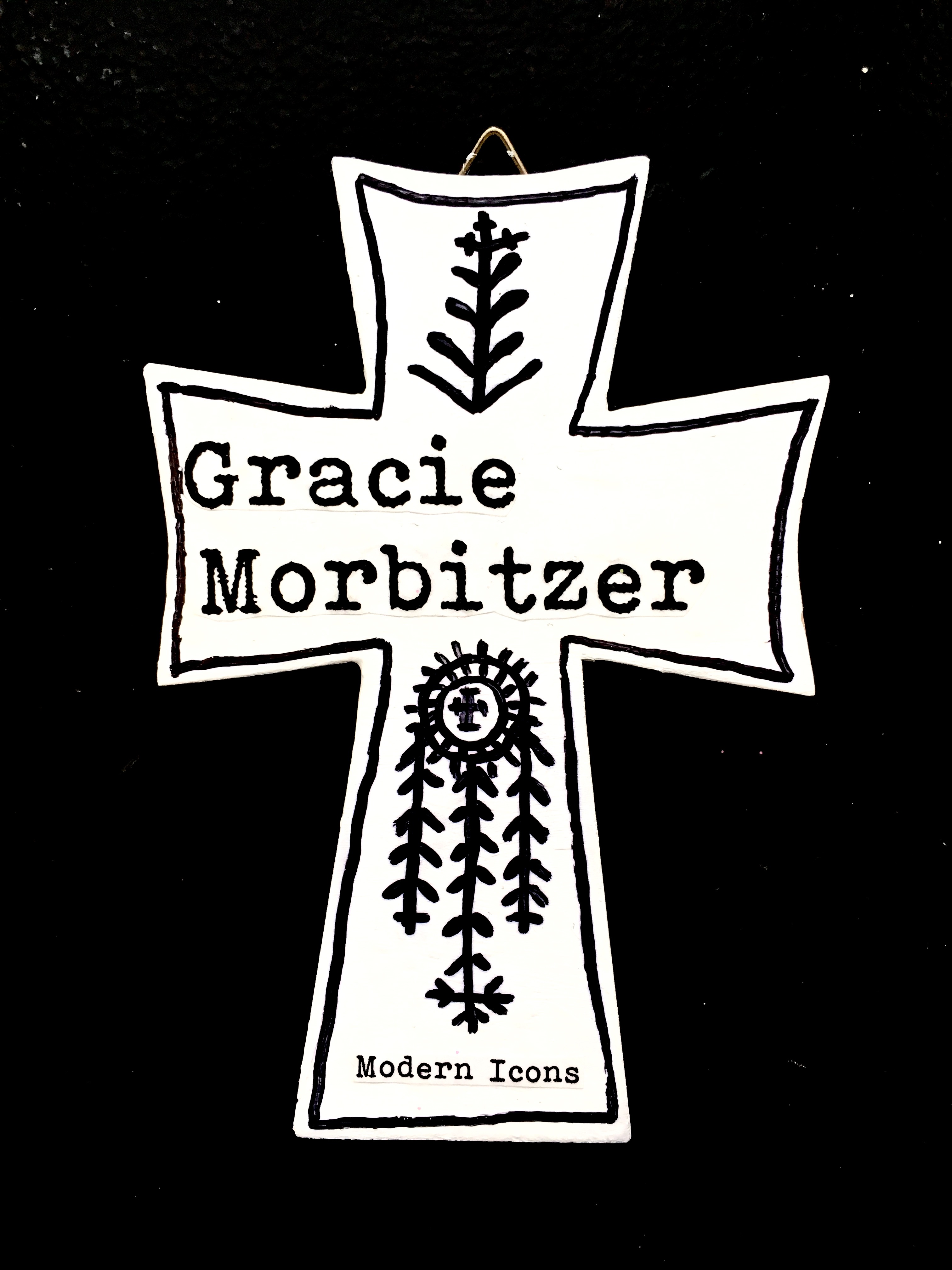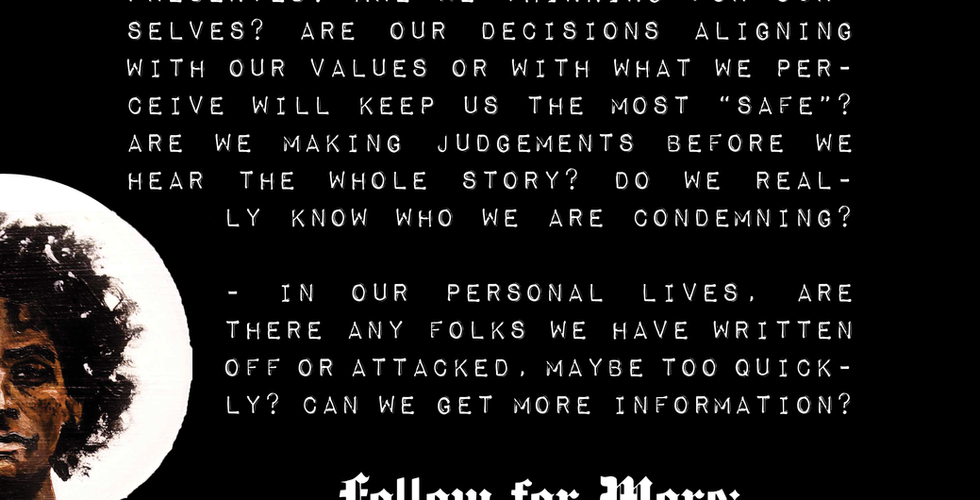St. Stephen, Patron Saint of Due Process and Against Capital Punishment
- Gracie Morbitzer

- Aug 10, 2025
- 3 min read
The next in our Saints for Current Times Series.
"But they cried out with a loud voice and stopped their ears and rushed together upon him. Then they cast him out of the city and stoned him"
- Acts 7:54-60
About St. Stephen:
Stephen was chosen by the 12 apostles as Archdeacon, charged with taking care of the Greek-speaking widows. He was such a great speaker and so well-known for his faith that he was challenged to a dispute in a synagogue with Jewish leaders. His arguments were so solid and well-spoken that no one could challenge a word he said, so, enraged Jewish officials charged him with blasphemy. When he was put on trial, witnesses made things up about him, but despite all the lies and hate they brought against him, he remained peaceful, and continued to speak in his truthful, wise way. The crowd could no longer take their anger and began to throw stones at him.He was the first person killed just for being christian.
Reflect:
- As shown in Stephen’s story, groups who are afraid and confused can easily become violent and act rashly. While Stephen was being given a “trial”, allowed to speak and share his views, the fear of the crowd did not allow him the chance for the crimes he was accused of to be judged fairly. In addition, rather than being punished in any lesser way, his life was taken from him. This not only disabled him from being able to further defend himseld, but also from the crowd being able to understand and possibly change their minds. Everyone deserves this chance.
- Like Stephen, Jesus himself was accused of a crime and given a trial by the state. Again we see the process interrupted by the wishes of a crowd, and though judged innocent, he is still killed.
- How have we been complicit in contributing to the anger or fear as part of a group, before? have we been able to truly listen to what is being presented? Are we thinking for ourselves? Are our decisions aligning with our values or with what we perceive will keep us the most “safe”? Are we making judgements before we hear the whole story? Do we really know who we are condemning?
- In our personal lives, are there any folks we have written off or attacked, maybe too quickly? Can we get more information?
Donate:
Catholic Mobilizing Network
“Every person deserves to be treated with dignity – no exceptions.
Our Catholic faith affirms the sacredness of all life, regardless of the harm someone has endured or inflicted. The death penalty violates this divine vision of justice.
We can choose life over death, and healing over revenge.
Our revenge-driven responses to crime and violence aren’t working. Find out how CMN is advancing justice solutions that promote Jesus’ reconciling way.”
Do:
- write letters, protest, or share information about your desire to provide due process for all and end capital punishment.
- seek to understand a viewpoint you currently don’t agree with. Can you at least understand where the others are coming from, or why they might feel its the best option?
- Look at each person in front of you: really look at them, whether they are in person or an image on a screen. Can you call them “beloved by God”? WHy not? What will it take for you to get there? How will everything change when you get to that point?
-Closely examine the language you use everyday, even casually. Do the words you use promote dignity, life, + fairness?






















Comments